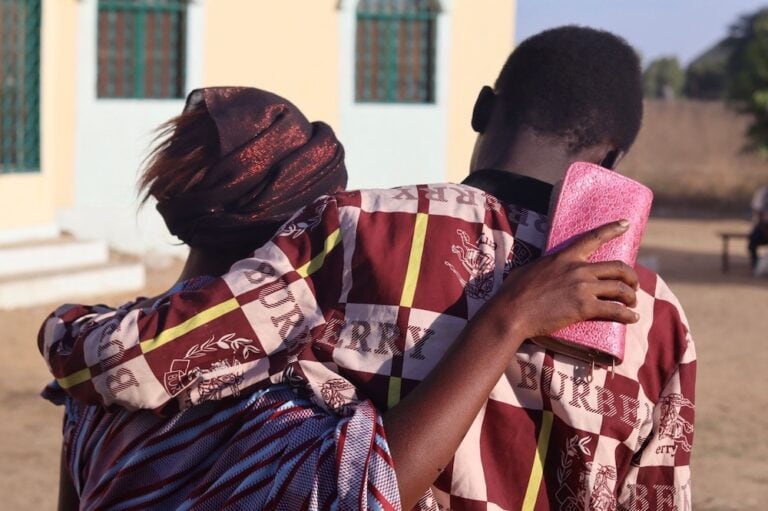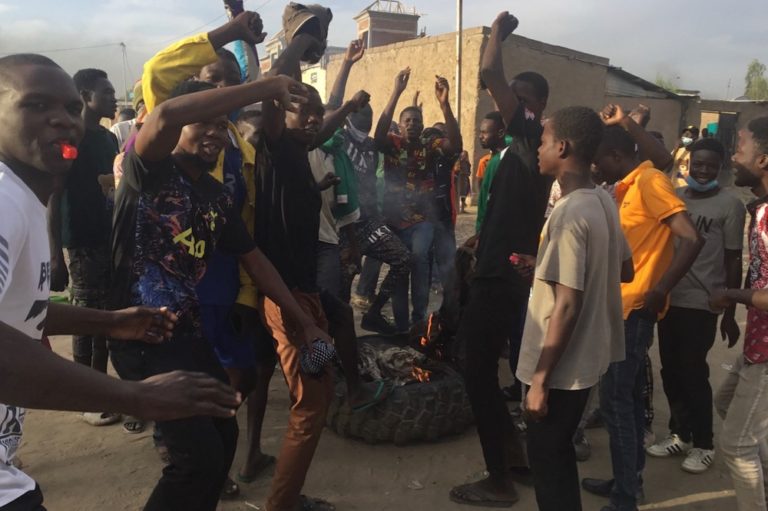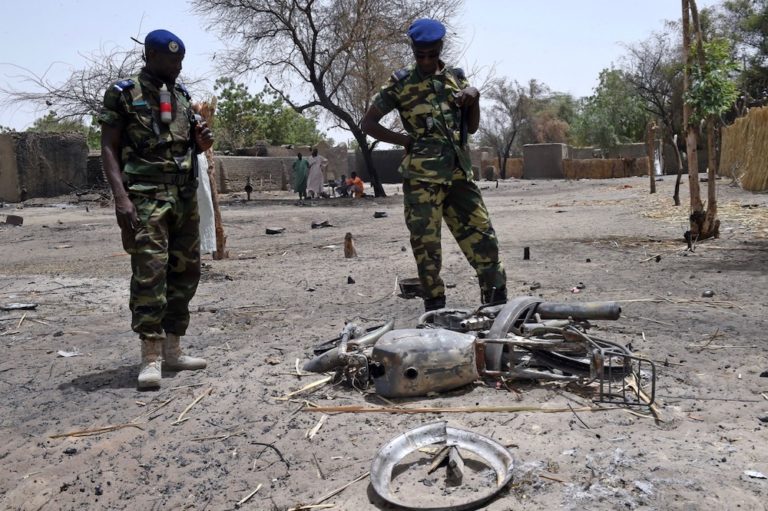(RSF/IFEX) – In a letter to Emmanuel Touade, president of the High Council of Communications (Haut conseil de la communication, HCC), RSF protested the decision to bar private, community and associative radio stations from programming “political debates” or “programmes of a political nature” during the entire presidential election campaign. The election is scheduled for 20 […]
(RSF/IFEX) – In a letter to Emmanuel Touade, president of the High Council of Communications (Haut conseil de la communication, HCC), RSF protested the decision to bar private, community and associative radio stations from programming “political debates” or “programmes of a political nature” during the entire presidential election campaign. The election is scheduled for 20 May 2001. RSF asked the HCC president to reconsider his decision and allow all of the country’s media outlets to cover the election freely. “Private radio stations must be allowed to participate in the country’s political debate during the electoral campaign,” emphasised RSF Secretary-General Robert Ménard. “A presidential election is of utmost importance to a country’s democratic process and it would be unbelievable if only public audiovisual media were allowed to report on events. Moreover, there is a real risk that the incumbent president will benefit from an advantage over opposition candidates,” added Ménard.
According to information collected by RSF, on 17 April, the HCC adopted decision no. 002/HCC/P/SG/2001 “regulating the media campaign for the 2001 presidential election.” Article 23 of the text stipulates that “during the entire 2001 presidential election campaign period, any political debate or debate of a political nature is banned on the airwaves of private, associative or community radio stations.” The next article stipulates that information bulletins “must not be backed up by commentary.” Finally, Article 35 indicates that radio stations “that do not conform to the present decision will be suspended during the entire electoral campaign period.”


